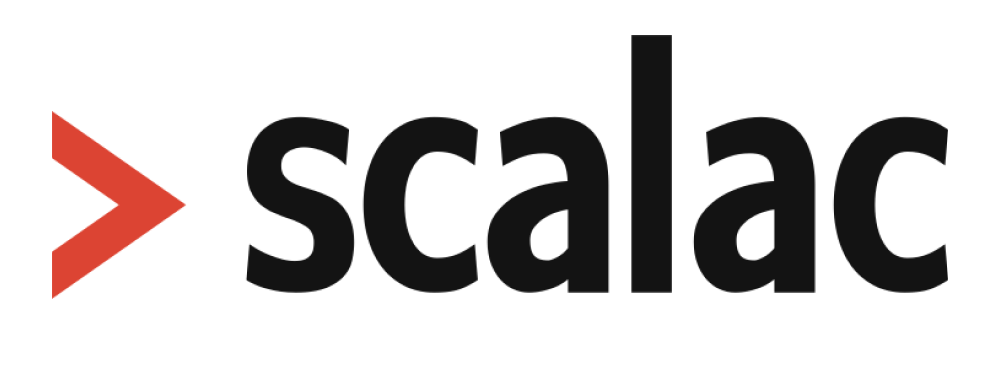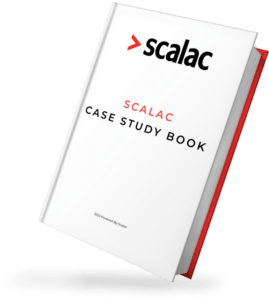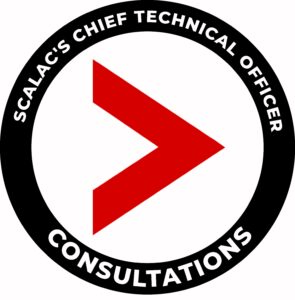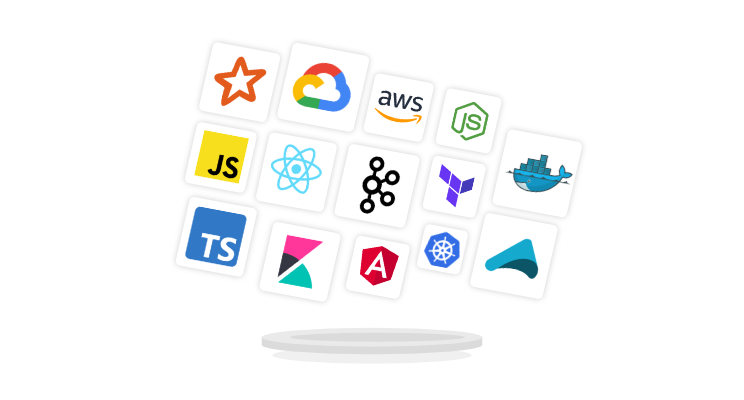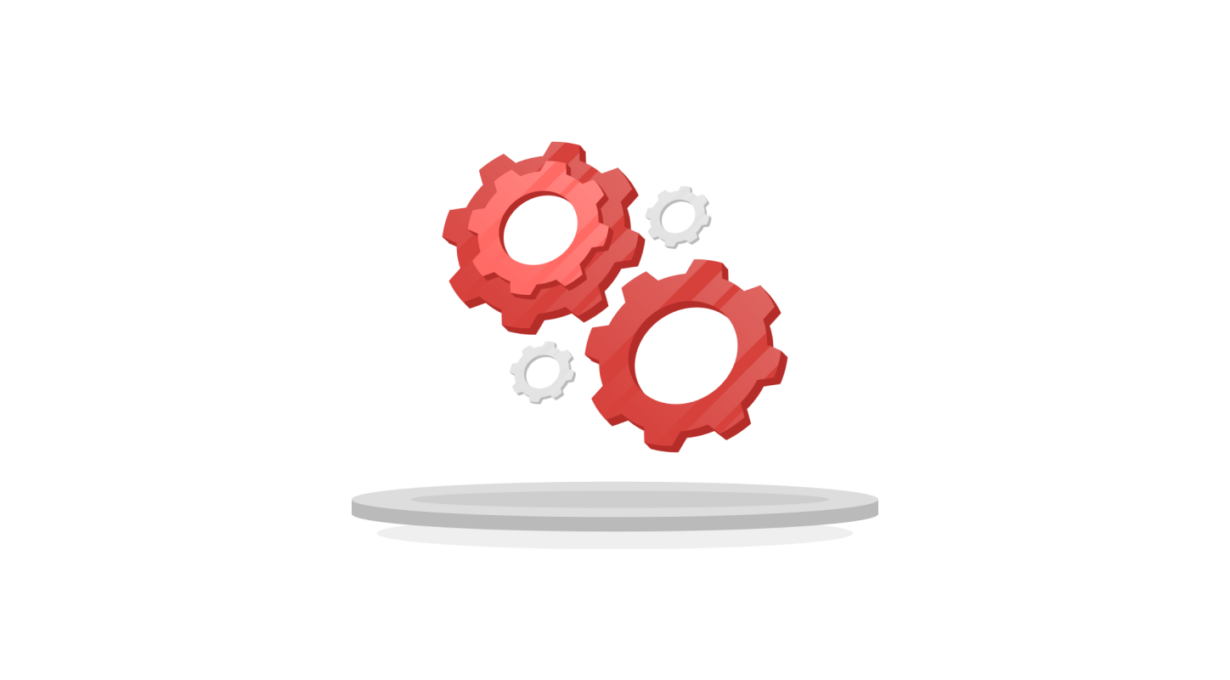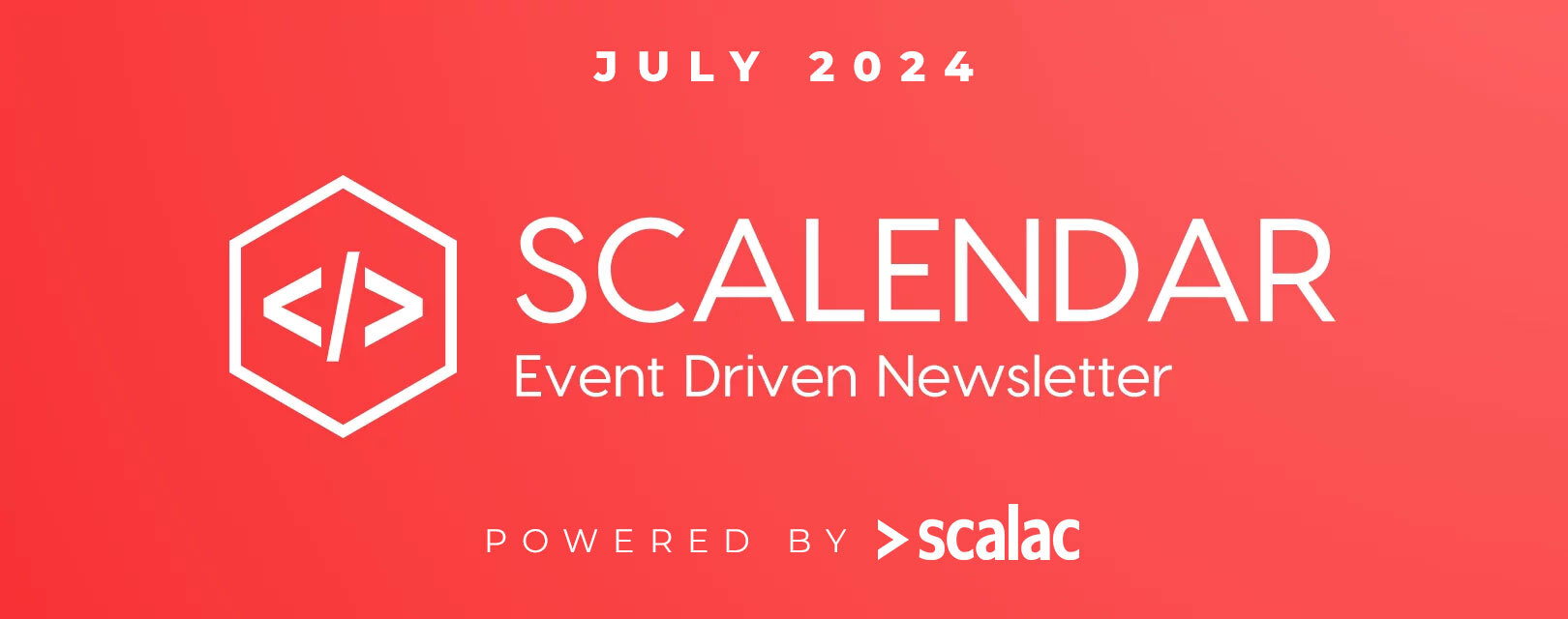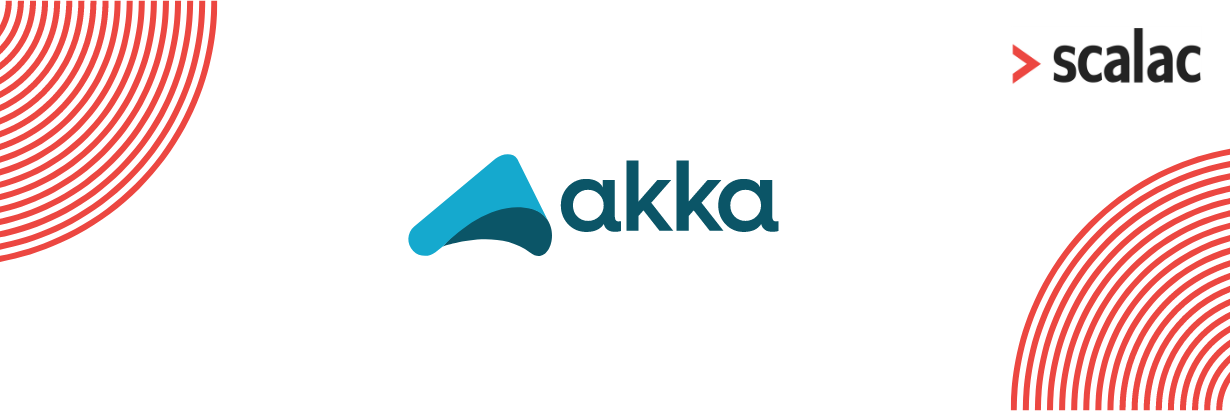
Functional Programming Languages Sentiment Ranking Overview

The Functional Programming Languages Ranking analysis is not based on popularity but on sentiment, which means that we can discover what people think and feel about a specific language. Thanks to 160,556 analyzed mentions we have spotted six key results and even found the best functional programming language (if by the best we mean chosen by people, with the highest amount of positive sentiment))
Several years ago we could have said that functional programming was kind of exotic and mostly associated with fun and hobbies. But now, you can find this technology in all kinds of different industries and products that many of us use daily.
Not only that, but more and more developers are falling in love with functional programming.
Why? The opinions of experienced developers in this field are varied.- A lot of the reasons depend on the kind of projects they are working on. But one thing is certain – functional programming brings many benefits to business and is a constant topic of discussion within the programming community. For this reason, we decided to analyze the prevailing sentiments towards functional programming languages, and find the answers to the topics that involve us the most. For example; which is the best functional programming language, the one that wins the hearts of most developers? And what do people really think about each of them?
Now you can find out which the best functional programming languages are, so you can avoid learning a language that everybody hates and choose the right one for your team.
LUKASZ KUCZERA, CEO AT SCALAC
Functional Programming helps companies build software that is scalable, and less prone to bugs, which means that software is more reliable and future-proof. It gives developers the opportunity to write code that is clean, elegant, and powerful. Functional Programming is used in demanding industries like eCommerce or streaming services in companies such as Zalando, Netflix, or Airbnb. Developers that work with Functional Programming languages are among the highest paid in the business.
I personally fell in love with Functional Programming in Scala, and that’s why Scalac was born. I wanted to encourage both companies, and developers to expect more from their applications, and Scala was the perfect answer, especially for Big Data, Blockchain, and FinTech solutions.
I’m glad that my marketing and tech team picked this topic, to prepare the report that is focused on sentiment – because that is what really drives people. All of us want to build effective applications that will help businesses succeed – but still… We want to have some fun along the way, and I believe that the Functional Programming paradigm gives developers exactly that – fun, and a chance to clearly express themselves solving complex challenges in an elegant code.
How we analyze the ranking data
Now, let’s dive into this functional world from the web-side ;). To create this Update to the Functional Languages Sentiment Ranking, we used the Brand24 tool which is irreplaceable when it comes to collecting data from the internet. We gathered data for 3 months and analyzed 160,556 mentions, which has given us insights into 14 functional programming languages (2 more languages than in the previous edition of the ranking).
Most importantly, we highlighted key takeaways and found out which of them has the most positive sentiment percent (the best functional programming language). In other words, which one was most loved by the most people, as well as which has the most negative sentiment – we can call it the black sheep of the family – along with a few other things.
If you are curious about our methods and the Brand24 sentiment analysis, jump to the methodology.
Positive and negative sentiment comparison
| Most Positive | % of positive sentiment | Most Negative | % of negative sentiment |
| Swift | 43,27 % | PureScript | 14,88 % |
| F# | 39,92 % | Haskell | 13,90 % |
| Rust | 39,86 % | Rust | 12,16 % |
| Idris | 39,70 % | OCaml | 11,55 % |
| Clojure | 35,95 % | Erlang | 11,12 % |
| Scala | 32,98 % | F# | 10,37 % |
| Kotlin | 32,90 % | Clojure | 10,35 % |
| Haskell | 31,97 % | Scala | 10,18 % |
| Rescript | 31,75 % | Rescript | 9,75 % |
| Elixir | 29,05 % | Swift | 9,68 % |
| Erlang | 27,54 % | Idris | 8.33 % |
| PureScript | 26,30 % | Kotlin | 6,08 % |
| OCaml | 24,50 % | Elm | 5,72 % |
| Elm | 18,92 % | Elixir | 4,94 % |
You may like our humorous animation containing some of the results from the ranking – most loved language and the “black sheep”.
Comments
This report confirms what I’ve also found in my own experience as an instructor at Rock the JVM: Scala is an expressive and powerful language, and once people get a taste of it, they rarely go back to anything else. Of course, like anything else in tech, there’s room for improvement. Because of its power and almost limitless capability, Scala can seem quite daunting to beginners – on this front, it’s up to educators like myself to contribute to the community and make the learning process easier and smoother for newcomers.
DANIEL CIOCÎRLAN, FOUNDER & INSTRUCTOR AT ROCK THE JVM
Functional programming makes code modular and composable, and this can result in an exponential increase in software development productivity. It’s interesting to see how functional programming concepts are propagating across more and more programming languages. This research is a key indicator of how to measure the heartbeat, and it tells us that the sentiment is mostly positive. This data can allow language developers to learn from each other’s successes, as well as mistakes.
ZUKA KAKABADZE, FOUNDER & CTO AT FUGO.AI
The second edition of our index didn’t bring any revolutionary changes. Also hardly any evolutionary. It’s too early to identify trends yet, but we’re getting there. The new entry of F# at second place is not a surprise. It’s well known that both the language and the community are liked and respected. On the other hand Rescript, while far away from the top, is the top FP language on the frontend. I’m quite happy to see it as I would very like to see more adoption of it. Clojure noted the biggest change. Is this a glitch or a trend? We’ll keep an eye on that. Scala vs Kotlin is still a close call. So what’s next? As I mentioned before, once we have more data, we’ll be able to identify trends. I think it would also be interesting to see these changes overlayed with a timeline of events (conferences etc.) for every ecosystem. Also maybe we could start an annual Most Positive Influencer Award? Let me know on Twitter @jczuchnowski
JAKUB CZUCHNOWSKI, CTO & CO-FOUNDER AT SCALAC
Scalac developers’ comments
It’s interesting to see that positive sentiment towards Scala is pretty much stable, although I’d love to see it increasing in the future thanks to some awesome improvements in Scala 3. I also think it’s great to see ReScript appearing in this first update of the ranking, as the most loved FP language in the frontend, and I hope to see its adoption growing in the future, together with other frontend languages such as Elm or PureScript.
Jorge Vasquez, Scala Developer
As a former Android Developer who started writing in Java, switching successively to Kotlin, and finally becoming a Backend Developer writing in Scala, I must admit that programming in Scala is something very convenient. Immutability, pure functions, and a structural approach to side effects is something that captivated me in Scala. It is also worth noting the development of the functional Arrow.kt library in Kotlin, which brings many of the solutions known in Scala to the Kotlin language, which the programmers of the Kotlin will benefit from. More languages will allow writing in a more functional way because this approach makes the code more readable and gains more resistance to errors. I think that the languages with the most positive sentiment will be gaining more and more new users due to what they can offer them in the programmer’s daily work.
Jacek Modrakowski, Scala Developer
Functional programming languages as singles. The analysis of languages that stood out from the others
Swift
With 55% of positive mentions, Swift wins first place in people’s hearts being the most positive of the bunch.
| Swift now | Swift then |
| positive mentions: 43.27 % negative mentions: 9.68 % | positive mentions: 35.17 % negative mentions: 18. 87% |
Examples of mentions

Elm
Compared to the previous ranking, Elm is the one that has most lost its good reputation. Its number of positive mentions has decreased by 7%.
| Elm now | Elm then |
| positive mentions: 18.92 % negative mentions: 5.72 % | positive mentions: 25.92 % negative mentions: 7.09 % |
Example of mention

Clojure and Idris
Everyone has their five minutes of fame, so while Elm is not on track anymore, Clojure and Idris have gained more positive feedback than previously – 3% more positive mentions.
| Clojure then: | Clojure now: |
| positive mentions 31.12 % negative mentions: 10.08 % | positive mentions: 35.95 % negative mentions: 10.35 % |
| Idris then: | Idris now: |
| positive mentions: 35.56 % negative mentions: 23.24 % | positive mentions: 39.70 % negative mentions: 8.33 % |
Examples of mentions


PureScript
The black sheep of this functional programming languages family. A language with the most negative sentiment on the web.
| PureScrpit now | PureScript then |
| positive mentions: 26.30 % negative mentions: 14.88 % | positive mentions: 25.22 % negative mentions: 15.09 % |
Examples of mentions

F# and Rescript
F# and Rescript both debuted in our ranking. And they’re not bad debuts. F# (which is general-purpose, strongly typed) has the second place in the most loved language category, so it’s now the second-best functional programming language, and Rescript sits comfortably in the middle.
| F# | Rescript |
| positive mentions: 39.92 % negative mentions: 10.37 % | positive mentions: 31.75 % negative mentions: 9.75 % |
Examples of mentions


More about functional programming (in business)
In the video below, you’ll learn that it’s not about throwing away your object-oriented program to enter functional programming. In the talk, you’ll compare object-oriented vs functional programming, find out why some companies still choose object-oriented languages, and many more.
We’re going to help you find your approach whether you’re a beginner or more experienced in functional programming concepts.
To sum up:
This update to the Functional Programming Languages Ranking based on sentiment definitely won’t be the last. Monitoring the dynamics of positive and negative mentions has brought us a barrel full of knowledge, not only about the languages themselves but also and most importantly, about the community. Stay tuned for further news and updates. What do you think, which one is going to be the best functional programming language in the next edition?
You may also like:
- Functional Programming vs Object-Oriented Programming
- The OpenTelemetry + Mesmer duo: state of the Mesmer project
- Introduction to Programming with ZIO Functional Effects
- A bite of functional programming (in Scala)
- Looking at a piece of the Functional World
- What is functional programming and why it matters for your business?
- 7 ZIO experts share why they choose ZIO
